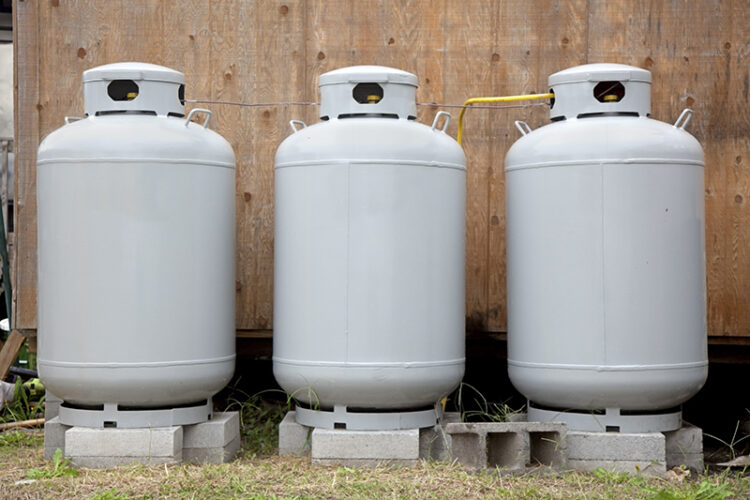
- By gb0iL-admin
- In Uncategorized
Propane and the Environment
Propane is a clean energy solution because propane is an environmentally friendly fuel.
Because energy usage is a complex topic, let’s look at some of the most common myths and misunderstandings about propane.
Myth #1: Propane is not safe for the environment
Actually, propane is very environmentally friendly. Propane is stored as a liquid, but when released into the air, it vaporizes and dissipates — which means it won’t contaminate groundwater, drinking water, marine ecosystems or other sensitive habitats. When vaporized, propane produces virtually no ozone-harming effects and unlike natural gas, it is not a greenhouse gas in its un-combusted state.
Myth #2: Electricity is better than fossil fuels
It’s important to understand that electricity doesn’t automatically mean de-carbonization. Electricity must be generated by a primary energy source and in the U.S., natural gas and coal are electricity’s largest primary energy sources. Further, once generated, electricity must be transmitted through power lines, where electrons encounter resistance and lose energy. This means that getting one unit of electricity to wherever the plug is located can take up to three units of source energy. Propane is different. According to the Department of Energy’s Energy Star program, propane has a source-site ratio of 1.01. It is delivered on site, rather than transmitted or piped, so virtually no energy is lost in the transfer. Plus, propane’s storage flexibility means sensitive habitats can remain undisturbed, eliminating the need for pipelines or high-voltage power line installations.
Myth #3: Propane isn’t a renewable energy
For years, the Propane Education & Research Council has been committed to facilitating the production of propane from renewable sources — and now, it has arrived. And it’s arrived via a price competitive, abundant feedstock with low carbon intensity, one with a high-energy conversion so BTU’s aren’t wasted.
Bio-diesel refineries can produce renewable propane from animal fats and cooking oils before they are made into bio-diesel — material once resigned to the landfill now has a new life. Our research has found that renewable propane has an ultra-low carbon intensity and that agricultural byproducts — such as biomass –– will likely provide the ability to make renewable propane at scale. And because renewable propane’s chemical structure and physical properties are the same as propane produced from fossil fuels, it can be used for all the same applications.
Myth #4: Propane is not a clean energy
No energy is completely clean — even renewables like solar, wind, and hydroelectric have negative environmental effects. But when it comes to carbon emissions, propane is one of the cleanest fuels available. In comparison to other widely used fuels, the U.S. Energy Information Administration (EIA) shows that propane offers one of the lowest in carbon emissions per million BTUs. Here’s a summary table:
For a comprehensive comparison of fuel types, please visit: https://www.eia.gov/environment/emissions/co2_vol_mass.php
Myth #5: Propane is not energy efficient
Propane is extremely energy efficient, especially when compared to other fuels. Liquid propane has a higher energy density than ethanol, methanol and liquefied natural gas, meaning propane vehicles go farther on a tank of fuel than most other liquid alternative fuels, assuming comparable equipment efficiency. And because electricity is a secondary energy source, generated using a primary energy source, saying it’s the most environmentally friendly fuel available is not accurate. According to EIA, 2019 saw about 24% of electricity in the U.S. produced by the burning of coal.
Myth #6: Propane isn’t a safe fuel for vehicles
Like conventional vehicles, propane vehicles comply with all applicable safety regulations, including Federal Motor Vehicle Safety Standards. Compared to gasoline and diesel, propane has a higher autoignition temperature (the point at which a gas or vapor can ignite in air without a spark or flame being present), making unintentional autoignition far less likely.
Blog adapted from Propane Education & Research Council

